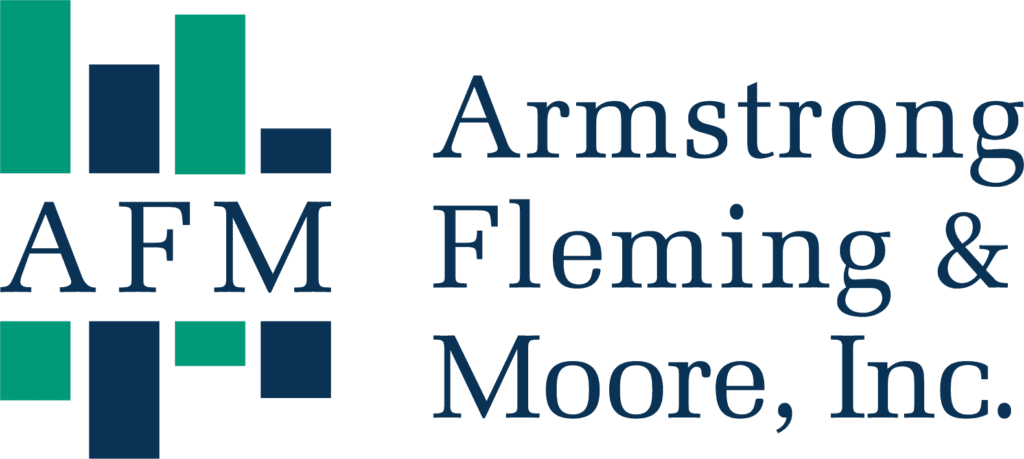Homes are wonderful and it is viewed as the most coveted part of the American dream. Owning your own home means never worrying about eviction or rent increases. Home-owning neighbors can be wonderful, too, creating a sense of community. But the real value isn’t the investment, it’s the roof over your head, the satisfaction it brings and the memories it creates. Home ownership doesn’t compare with real saving and real investment.
We have all heard anecdotal stories from colleagues, family or friends about how they sold their house for much more than they initially paid and we all nod our heads in agreement that it must have been a great investment. However digging into the details might change your mind as we often just compare the initial purchase price to the sale, but don’t account for all of the other expenses involved. Every month you have to pay the mortgage, insurance, property taxes. Almost none of your monthly mortgage payments goes into equity for many years. Most of that money will be interest that goes to the bank.
Imagine you bought a $200,000 home 30 years ago, paid $40,000 down (20%) and financed the remaining $160,000 in a 30 year fixed rate mortgage at a low 4% interest rate and today your home was appraised at $600,000. Your total return of 300% sounds like a home run, but after digging into the details this may not seem like such a great investment.
Over 30 years you paid $114,992.57 in interest to the bank. This interest may be deductible depending on your tax situation which would lower the net cost, but for the purposes of this example we’ll assume it’s not deductible. Next, add in $2,000 a year for 30 years for taxes and insurance. This is a total outlay of $374,992.57 so far. What about ongoing maintenance and repairs? Over 30 years you can expect to have to replace the roof, HVAC system, and hot water heater, which are not inexpensive repairs. Let’s assume you will average 1% of the purchase price in ongoing maintenance and repairs, so now we need to add in another $2,000 annually. That brings the grand total to $434,992.57.
That 300% total return (3.7% annually) is now looking more like a forced savings account paying 1.62% annually. Even if your home increases in value at a higher rate (a little over 5%) to $900,000 because you live in a booming market like San Francisco, this only increases the net annual return to 2.45%. Don’t forget we didn’t even account for closing costs, the standard 6% realtor’s commission on a sale, renovations or inflation, which would likely wipe out any return. While you do receive a nice big lump sum check upon the sale of the home, all of that would just be a return of money you already put in!
Does this mean no one should ever buy a home? Of course not, but your financial goals should not be dependent on your house being a cash machine. There are so many specific factors that go into whether buying a home is right for your situation. If you’re thinking about buying a house because you’re sick of wasting money on rent, just make sure it’s for quality of life reasons (family, flexibility, land use) and you fully understand the costs involved.
Presented by Carl Holubowich, CFP®

